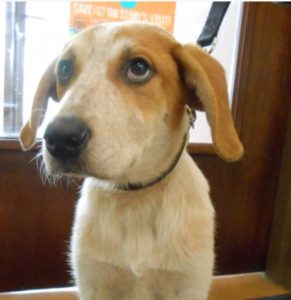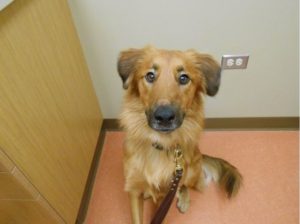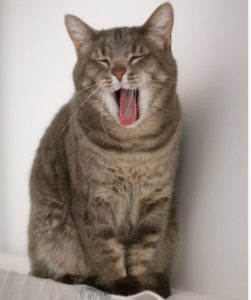 Highland Park Senior Geriatric Pet Care Veterinary
Highland Park Senior Geriatric Pet Care Veterinary
We understand your pet is a member of your family and we want to ensure a healthy long life. Have you noticed a slowdown in the daily activities of your pet? Dogs and cats are considered geriatric after 8 to 12 years and small pets age more slowly than larger pets.
Because of improved veterinary care, we are able to assist with keeping your pets healthy and around longer than in previous years. But, this has created a new set of age-related conditions.
Geriatric pets can develop many of the same problems seen in older people, such as:
- cancer
- heart disease
- kidney/urinary tract disease
- liver disease
- diabetes
- joint or bone disease
- senility
- weakness
Along with Geriatric pet problems that may arise, there are some possible behavior changes as well in your older pet, such as:
- Increased reaction to sounds
- Increased vocalization
- Confusion
- Disorientation
- Decreased interaction w/humans
- Increased irritability
- Decreased response to commands
- Increased aggressive/protective behavior
- Increased anxiety
- House soiling
- Decreased self-hygiene/grooming
- Repetitive activity
- Increased wandering
- Change in sleep cycles
 Highland Park Senior Geriatric Dog Care Veterinary
Highland Park Senior Geriatric Dog Care Veterinary
Nowadays, it is not uncommon for dogs to live into their late teens. Here are some tips to ensure your pet has a long, healthy life.
- Visit your veterinarian once every six months for checkups
- Feed your dog the best food possible
- Keep exercising.
- Maintain pet dental health
- Maintain good pet grooming
Dog years Human years (*dog size lbs)
7 Small – Medium: 44-47
Large – Very large: 50-56
10 Small – Medium: 56-60
Large – Very large: 66-78
15 Small – Medium: 76-83
Large – Very large: 93-115
20 Small – Medium: 96-105
Large: 120
 Highland Park Senior Geriatric Cat Care Veterinary
Highland Park Senior Geriatric Cat Care Veterinary
Changes in the cat’s body that are common as a cat ages include:
- Altered sleep-wake cycle
- Changes in thyroid function
- Decrease in kidney function
- Changes in vision
- Decreased sense of smell
- Brittle/ingrown nails
- Heart or circulatory problems
- Decreased digestion and ability to absorb nutrients
- Reduced ability to handle stress and/or changes in behavior
- Changes in mobility/arthritis
As your cat gets older, there are some changes you should be expected to make, such as:
- Make sure sleeping and eating areas are easily accessible
- Adjust physically challenging areas for easy access
- More frequent veterinary visits
- Dispensing medication
- Lifestyle accommodations
Cat years Human years
7 54
10 63
15 78
20 97
- Allergy
- Blood Pressure
- Capnography
- Chip Implantation
- Dental Cleaning
- Dietary Management
- EKG
- Emergency
- Geriatric Care
- Kitten
- Pet Preventive Care
- Pet Laboratory Testing
- Pet Vaccines
- Pulse Oximetry
- Puppies
- Surgery
- Travel Certification
- Ultrasound
- X-Ray


